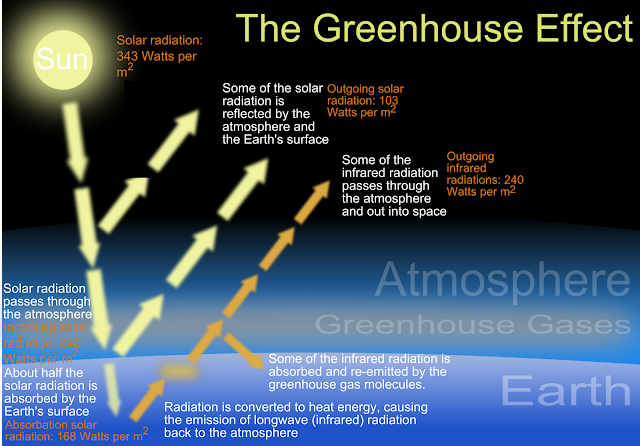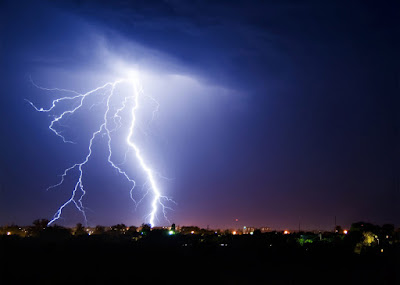Food Web Food web is generally a interconnection of food chain in a graphical manner to show who eat whom is called Food Web . This web shows the description of feeding connection between the organisms . Energy is passes from one tropic level to another level by this food web links . For example - A rat can feed on grains , roots , stems . A rat in turn consumed by snake which is then eaten by another organisms like eagal . The snakes can feed upon both the rat and frogs . In this way there is a connection of food chain from one another and this process is called Food Web . Importance - Through various trophic levels, from primary producers to top predators, they offer a mechanism for the transfer of energy and nutrients. Food webs are essential for population control, reducing overgrazing and r...






